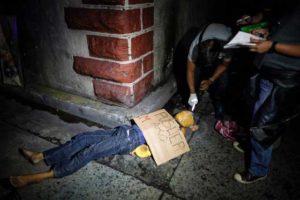TO further strengthen the government’s fight against illegal drugs, money laundering and threat of coup, Senator Panfilo Lacson filed a bill expanding the exemption to the anti-wiretapping law.
Lacson seeks to amend Republic Act 4200 or the Anti-wiretapping law to allow wiretaps against those involved in said crimes.
Under the present law, wiretapping is allowed on cases of treason, espionage, provoking war and disloyalty in case of war, piracy, mutiny in the high seas, rebellion, conspiracy and proposal to commit rebellion, inciting to rebellion, sedition, conspiracy to commit sedition, inciting to sedition, kidnapping and violations of Commonwealth Act No. 616, punishing espionage and other offenses against national security.
RA 4200 allows law-enforcement agencies to conduct wire-tapping activities through a court order.
Lacson said the law, despite its limitations, has helped authorities in going after criminals who have wreaked havoc and instability but there is a need to revisit it in order to widen its scope.
In his proposal, the senator wants to include conspiracy and proposal to commit coup d’etat, robbery in band, brigandage/highway robbery, as well as violations of RA 9165 or the Comprehensive Dangerous Drugs Act of 2002, and RA 9160 or the Anti-Money Laundering Act of 2001.
If the bill is passed, law enforcers, through a court order, will be allowed to tap any wire or cable, or by using any other device or arrangement, to secretly listen, intercept, or record private communication or spoken word of those engaged in criminal activities.
Convicted leaders of illegal drugs and kidnap-for-ransom syndicates were able to continue their activities even in jails through cellular phones smuggled into the prison.
Senator Leila De Lima has confirmed that some drug convicts still ply their illicit trade inside the New Bilibid Prisons (NBP) because there were able to communicate with their men outside.
“The peace-and-order situation in the country gives testament to this fact and thus, it is imperative for us to revisit RA 4200 in order to further enhance its effectiveness,” said Lacson in the explanatory note of the bill.



